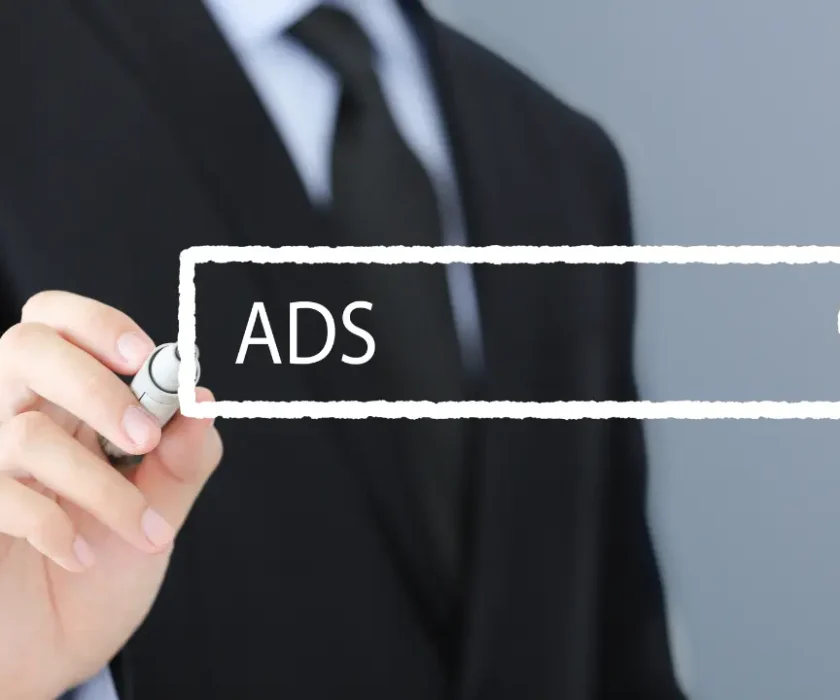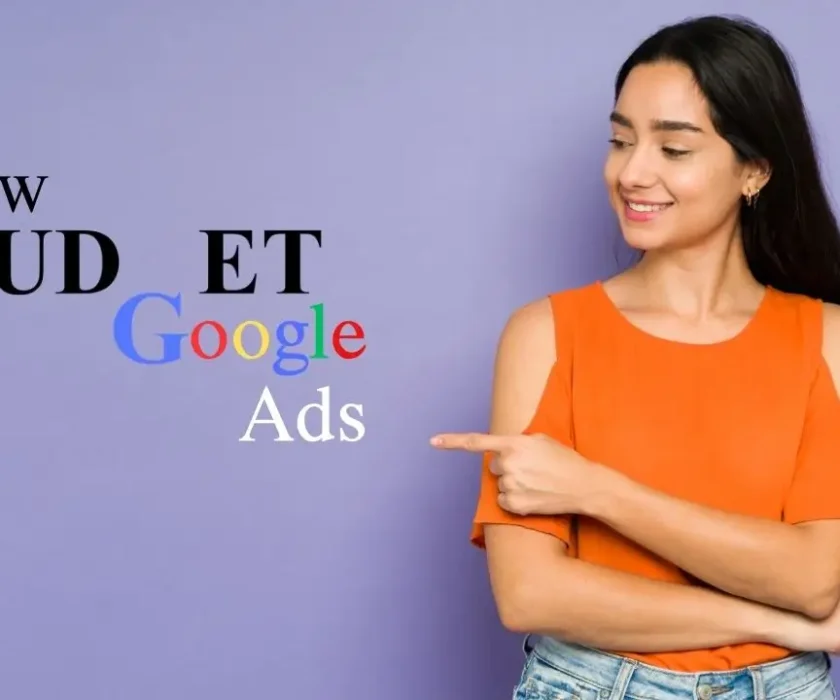Table of Contents
ToggleWhat Google Ads Quality Score Really Means
Google Ads profitability is not achieved by following platform recommendations blindly. One of the most misunderstood metrics in paid search is Quality Score, often treated as a direct indicator of campaign success.
Google presents Quality Score as a core factor influencing ad rank, cost per click, and visibility. While a higher score can signal relevance, it does not consistently correlate with what businesses ultimately care about—qualified leads, conversions, and return on ad spend. In practice, Quality Score is a diagnostic metric, not a performance guarantee.
Across campaigns in industries such as real estate, healthcare, SaaS, and e-commerce, it is common to see keywords with lower Quality Scores delivering strong conversion volume and profitability. In these cases, pausing keywords purely based on Quality Score recommendations can result in lost revenue rather than improved efficiency.
This blog explains how Google Ads Quality Score actually works, why Google may recommend removing keywords that are still profitable, and how to balance Quality Score signals with real-world performance metrics when optimizing campaigns.
For businesses evaluating a digital marketing agency in Hyderabad, understanding how Quality Score impacts cost and performance helps set realistic expectations for Google Ads outcomes.
What is Google Ads Quality Score?
Google Ads assigns each keyword a Quality Score (QS) on a scale of 1–10. It’s based on three main factors:
- Expected CTR (Click-Through Rate): How likely users are to click your ad.
- Ad Relevance: How closely your ad copy matches the keyword.
- Landing Page Experience: The quality, speed, and relevance of the page users land on.
In theory, a higher QS means lower CPCs (Cost per Click) and better ad placements. But in practice, it’s just a diagnostic metric, not a performance guarantee.
Why Google Suggests Pausing Low-QS Keywords
If you’ve managed Google Ads for any length of time, you’ve probably seen Google’s auto-recommendations suggesting you pause keywords with low Quality Scores.
Google’s reasoning:
- Low-QS keywords = poor user experience.
- Removing them should “increase efficiency.”
But here’s the catch: some of these low-QS keywords may actually be converting profitably.
Real Example: Real Estate Campaign
In one of our real estate campaigns targeting luxury housing in Hyderabad, the keyword “luxury villas Hyderabad” had a QS of just 3/10. Google kept recommending we pause it. But over 90 days, it delivered consistent leads at ₹650 CPL, which was below our target threshold.
If we had followed Google’s advice, we would have cut off a major source of qualified leads.
When Low-QS Keywords Still Drive ROI
Not all low-QS keywords are “bad.” In fact, some of the best converting keywords often carry low scores. Here’s why:
1. High-Intent, Niche Keywords
Keywords that are specific or industry-focused sometimes get lower CTRs (which hurts QS). But the clicks they do bring are highly qualified.
Example: For a healthcare client, “IVF clinic consultation Hyderabad” had a QS of 4, but conversion rates were over 15%.
2. Branded/Competitor Terms
Branded terms for smaller businesses or competitor keywords often start with low QS. Yet, they can capture high-intent searches and deliver conversions.
3. Limited Data Volume
Some keywords never generate enough impressions/clicks for Google to properly calculate QS. They get labeled “low” despite performing well in actual conversion tracking.
When to Remove vs. When to Keep Low-QS Keywords
The best digital marketing agency in India doesn’t just follow Google’s prompts. We balance QS with real ROI analysis.
Remove Keywords If:
- High spend with no conversions.
- CTR and engagement are consistently poor.
- Search terms reveal mismatched or irrelevant queries.
- Landing page doesn’t align with intent.
Keep Keywords If:
- They deliver consistent conversions (even with low QS).
- They target niche/high-value searches.
- The cost per lead (CPL) is within or below target.
Remember: if a keyword brings business, don’t kill it just because Google says so.
Why Google Might Push You to Remove Them
Google’s algorithms prioritize overall ad ecosystem health, not your specific ROI. By encouraging advertisers to cut low-QS keywords, Google ensures:
- Higher average CTRs across ads.
- Better “user experience” for searchers.
- More ad revenue for Google in the long run.
But what’s good for Google isn’t always best for you. As advertisers, our job is to maximize profitable conversions, not just keep Google’s ecosystem clean.
Best Practices to Balance QS and Conversions
1. Tight Ad Group Structure
Group keywords with similar themes so ad copy matches better → improves QS without sacrificing conversions.
2. Optimize Ad Copy
Use the keyword in headlines/descriptions, strong CTAs, and highlight unique value propositions.
3. Landing Page Improvements
- Fast-loading pages.
- Keyword-aligned headlines.
- Clear CTAs like “Book Consultation” or “Get a Free Quote.”
4. Track ROI Over QS
Never judge a campaign by QS alone. Always check:
- Conversion Rate (CVR).
- Cost Per Conversion.
- Overall ROI.
5. Use Labels & Segmentation
Label low-QS keywords that convert well → so you don’t mistakenly pause them. Segment campaigns by QS levels to analyze performance better.
Case Study: When Google Was Wrong
In a SaaS campaign we managed, Google kept recommending we pause keywords like “best CRM for real estate India” because QS was 4/10. However, those keywords brought 50+ trial signups at ₹1,200 CPL, well within target.
By keeping those terms active, the client’s MRR grew significantly. Had we followed Google’s advice, those customers would have been lost.
To Summarize:
Quality Score is a useful diagnostic tool, but it should never be your only guide. At DIGITALOPS, we’ve learned that sometimes the best digital marketing agency in India is the one willing to ignore Google’s automated suggestions when real data proves otherwise.
Your business doesn’t care about a “10/10” Quality Score. It cares about conversions, leads, and ROI. If a keyword drives results — even with a QS of 3 or 4 — it deserves to stay.
Call-to-Action
If you’ve been pausing keywords just because Google told you to, it’s time to rethink your strategy. At DIGITALOPS, we help businesses optimize Google Ads campaigns for profitability first.
Ready to boost ROI? Contact us today to start your high-performing Google Ads journey.




